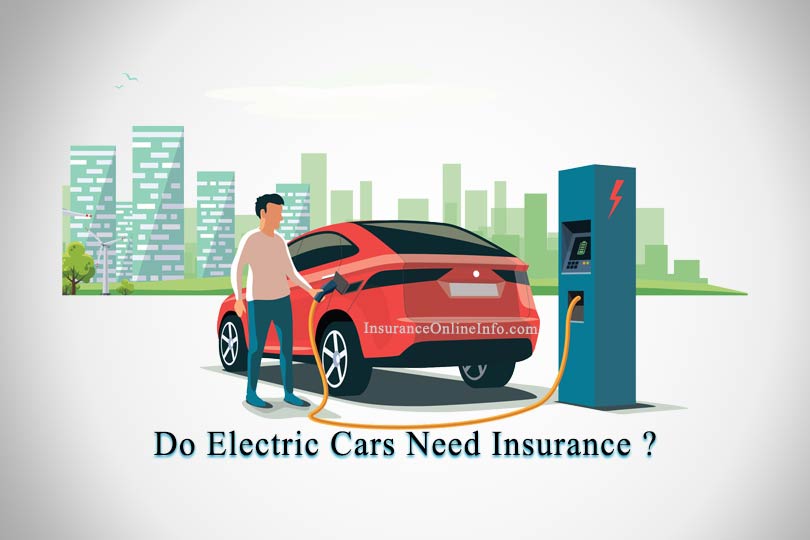Do Electric Cars Need Insurance ? is the most common question amon electric vehicle owners. With the rising popularity of electric vehicles (EVs) as a sustainable and eco-friendly mode of transportation, many people wonder if these modern cars require insurance like their gasoline-powered counterparts. The short answer is yes, electric cars do need insurance. Just like any other vehicle on the road, EVs must be insured to comply with legal requirements and protect both the driver and others on the road. In this article, we’ll delve deeper into why electric cars need insurance and explore the essential coverage options for EV owners.
YES ELECTRIC CARS NEED INSURANCE TO SAFEGUARD YOUR SELF
- Legal Obligations : Regardless of the type of vehicle, almost all countries and states have legal requirements mandating automobile insurance. The primary purpose of this mandate is to ensure that every driver has financial protection in the event of an accident or property damage caused by their vehicle. Electric cars, while unique in their power source, are still considered motor vehicles and are subject to these insurance regulations.
- Protection for EV Owners : Electric cars are an investment, often with a higher upfront cost than traditional gasoline-powered vehicles. Therefore, having the right insurance coverage is vital to safeguard this valuable asset. Adequate insurance not only protects your EV from physical damage but also offers financial security if you are involved in an accident or if your car is stolen.
- Essential Coverage Options for Electric Cars :
- Liability Coverage: Liability insurance is the fundamental coverage required for all vehicles, including electric cars. It provides financial protection if you are at fault in an accident, covering the other party’s medical expenses, property damage, and legal costs.
- Comprehensive Coverage: Comprehensive insurance covers damages to your electric car caused by non-collision incidents, such as theft, vandalism, natural disasters, or falling objects. As electric vehicles often have higher repair costs due to expensive components, comprehensive coverage is highly recommended.
- Collision Coverage: Collision insurance covers repair or replacement costs for your EV if it’s damaged in a collision with another vehicle or object. Considering the potential expenses of repairing an electric vehicle, collision coverage is crucial for EV owners.
- Uninsured/Underinsured Motorist Coverage: This coverage protects you and your EV if you’re involved in an accident with a driver who lacks sufficient insurance coverage or has no insurance at all.
- Medical Payments Coverage: Medical payments coverage helps cover medical expenses for you and your passengers, regardless of who is at fault in the accident.
While electric cars represent a leap forward in sustainable transportation, they still require insurance coverage to comply with legal obligations and protect their owners from financial risks. From liability coverage to comprehensive and collision options, having the right insurance for your EV ensures peace of mind while driving. As electric vehicles continue to gain popularity and become more commonplace on the roads, insurance providers are adapting to meet the specific needs of EV owners. Before purchasing an electric car, it’s essential to research insurance options, compare quotes from different providers, and tailor a policy that suits your needs and budget. Insuring your electric car adequately will not only protect your investment but also contribute to a safer and more responsible driving experience on our journey towards a sustainable future.







